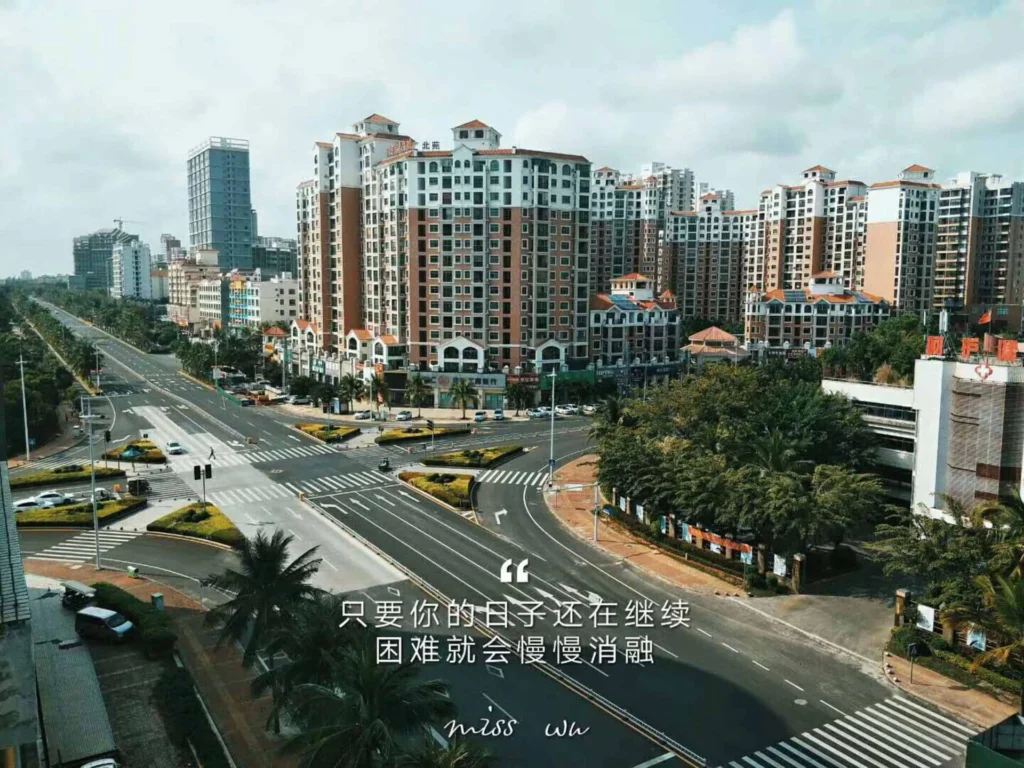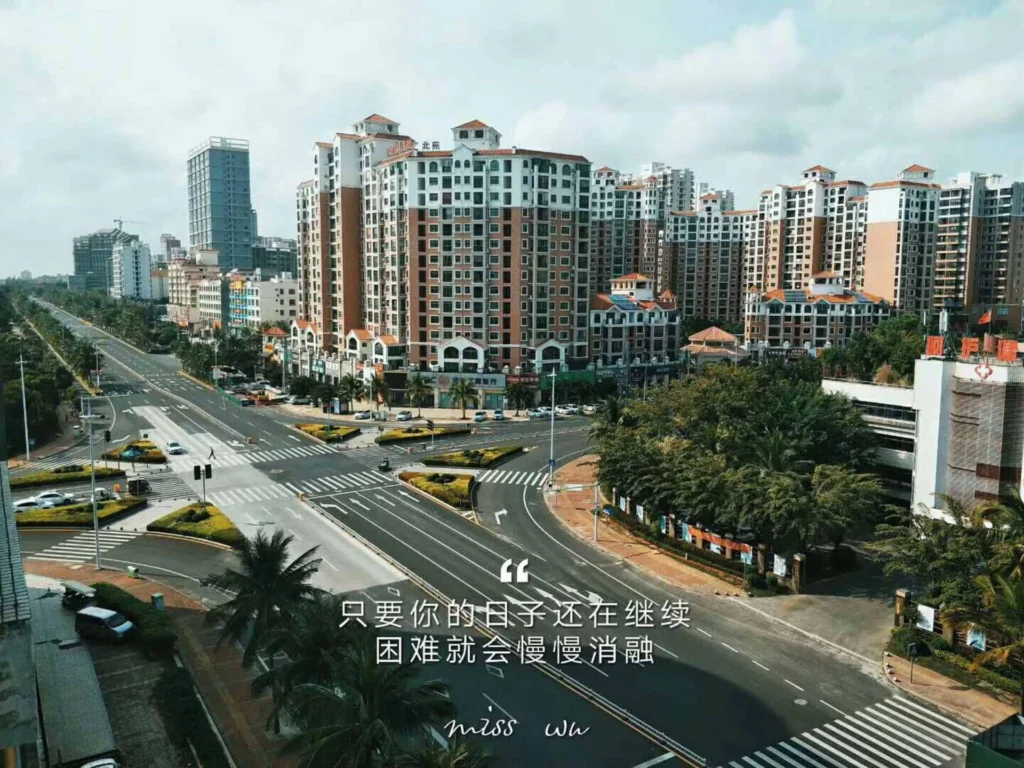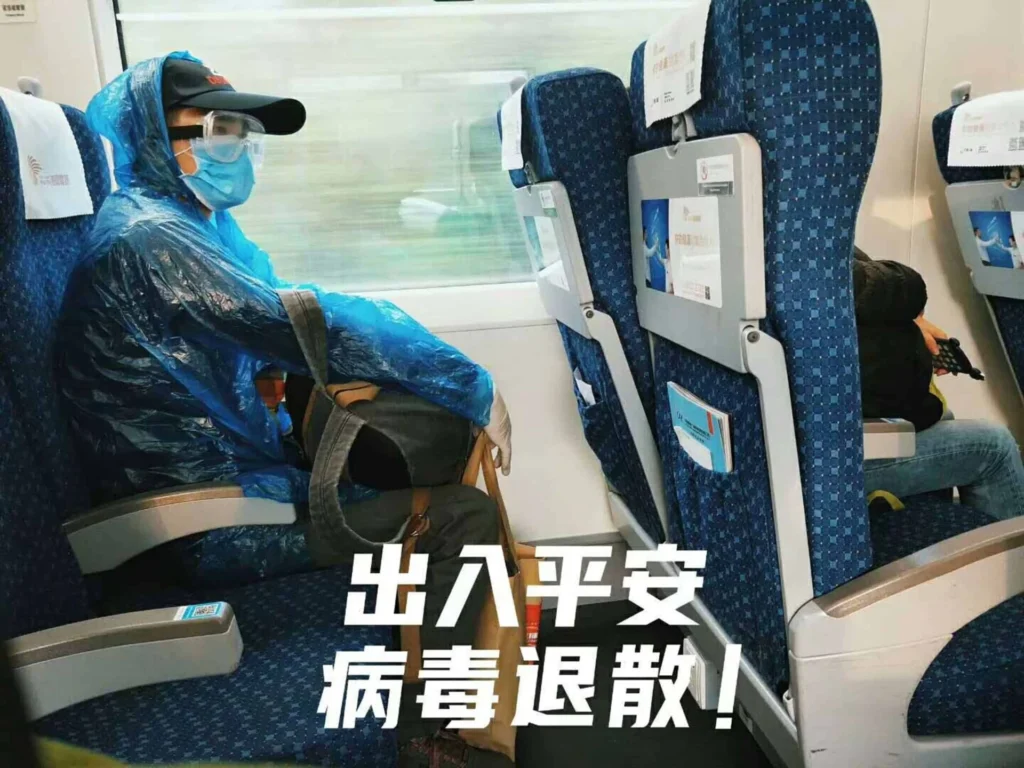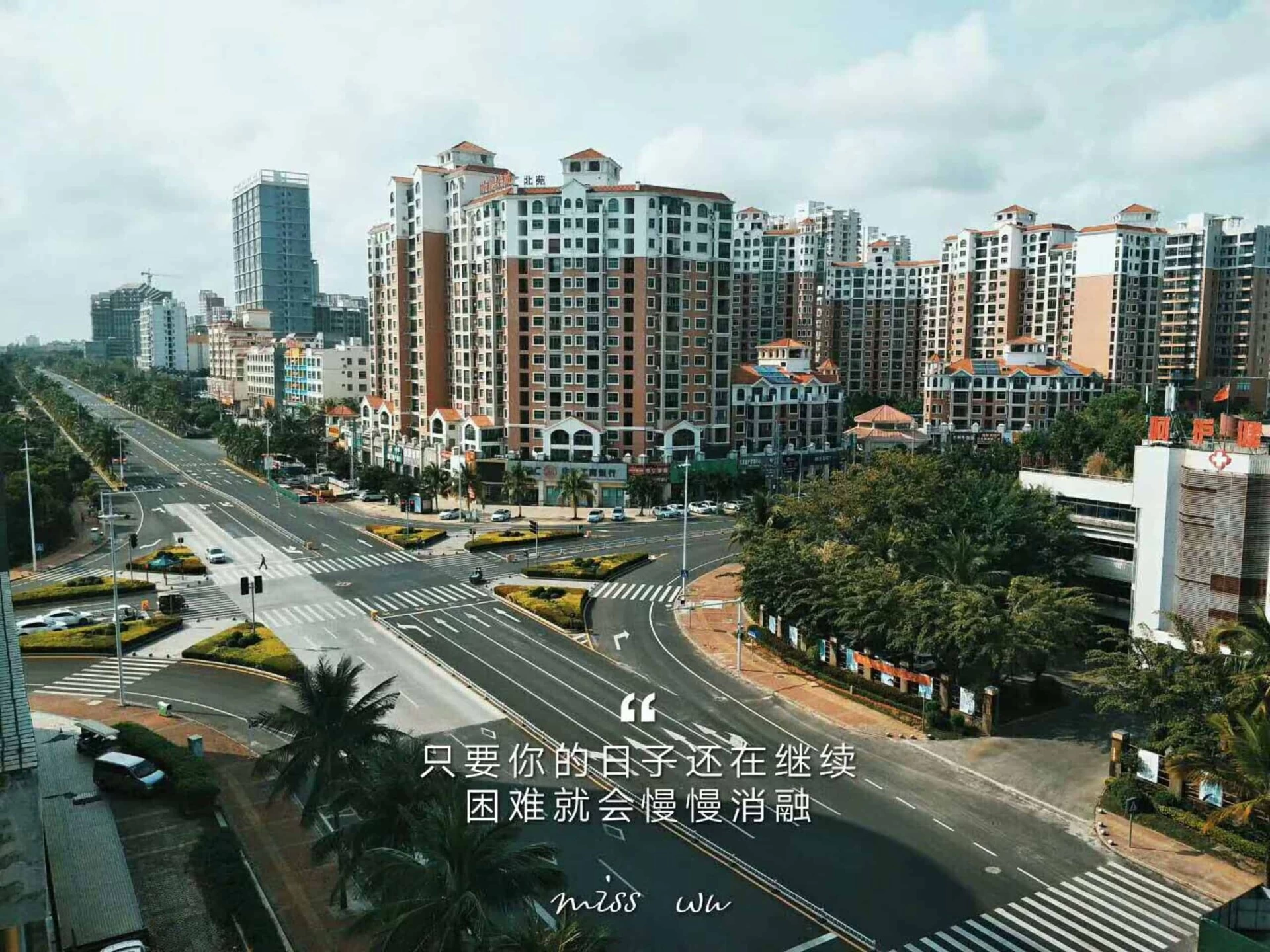Covid 19 | Home quarantine – working and family.
Navigating Work and Home Life During COVID-19: Insights from China and Israel
In our discussion today, we’re exploring how individuals in China and Israel are managing their work schedules and home life amidst the ongoing COVID-19 pandemic. We’ll take a closer look at their experiences before, during, and their predictions for life after the coronavirus.
Miss Wu’s Experience in China: Upon returning from the Chinese New Year holiday, I found myself in home quarantine. During this time, I focused on preparing online classes for my students and enjoyed activities like cooking, reading, and relaxation to stay positive.
Neta’s Experience in Israel: In Israel, establishing a daily routine became crucial during quarantine. Balancing learning and activities, both indoors and outdoors, was a priority, though finding time for reading was challenging amidst caring for our children.

Impact of Working from Home:
Miss Wu: Shifting to online lectures and collaborating with local travel businesses became the norm for me. While working from home offers flexibility, the absence of face-to-face interaction is noticeable.
Neta: As a tour guide and travel agent, adapting to online tasks became necessary. Working from home allows me to prioritize family needs while staying productive.
Embracing New Opportunities:
Miss Wu: Collaborating with tourism experts to develop new travel products tailored to the epidemic period has been significant. Combining online and offline learning experiences is crucial for better performance.
Neta: This time has allowed me to improve my video editing skills and plan new routes for future travelers. Every crisis presents opportunities for growth and innovation.
Community Support and Daily Maintenance:
Miss Wu: Exploring new areas in my home surroundings for fresh air and relaxation has been a welcome escape from crowded spaces.
Neta: Managing three children at home has been challenging, but creating peaceful paths for nature walks has provided solace. Community support from city administrations and volunteers has been invaluable during these trying times.

Impact of Online Work in China:
Miss Wu: Online work has become widespread, from basic office tasks to extensive industry collaborations. The pandemic has accelerated innovation in online platforms and tools, reshaping the future of work.
In conclusion, the COVID-19 pandemic has prompted a reassessment of how we balance work and home life. Despite the challenges, it has also sparked innovation and adaptation, paving the way for a more flexible and resilient future.
Final words
In summary, major events often reshape our lives, and the COVID-19 pandemic has prompted a significant shift towards remote work. Combining the flexibility of working from home with occasional in-person meetings appears to be a promising approach, as suggested by Miss Wu.
Working remotely offers numerous advantages, including reduced traffic congestion, greater flexibility, and enhanced safety during times of crisis. Embracing this change not only benefits individuals but also has positive implications for the environment and economy.
In essence, adapting to remote work represents a step towards a more efficient and resilient future.





